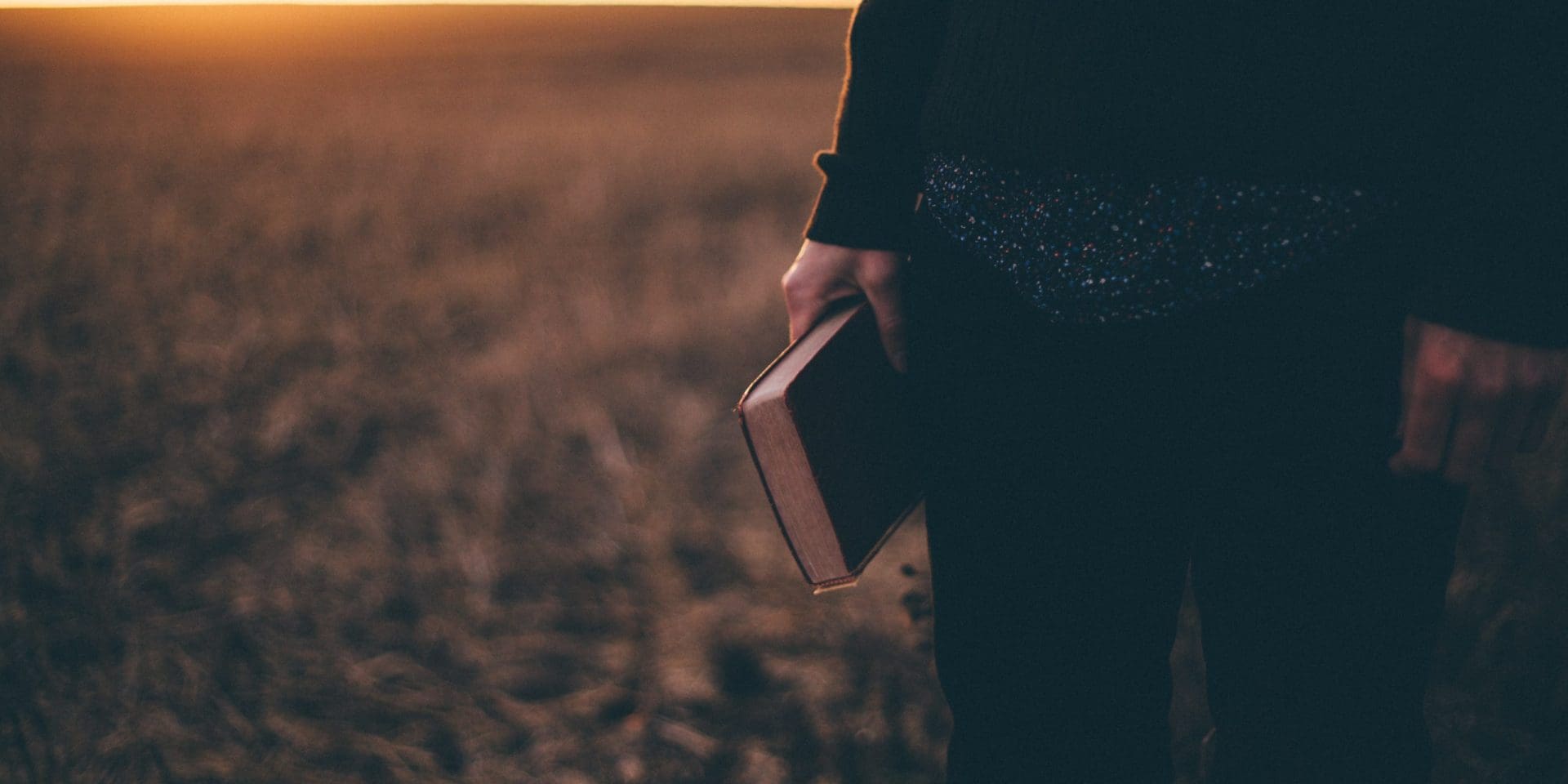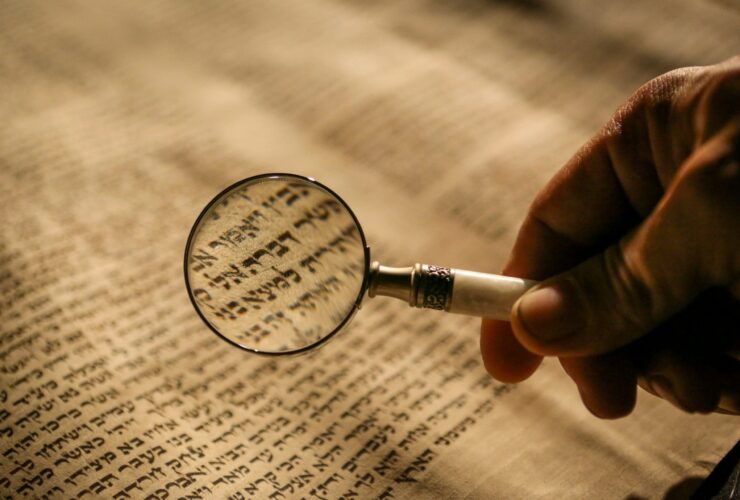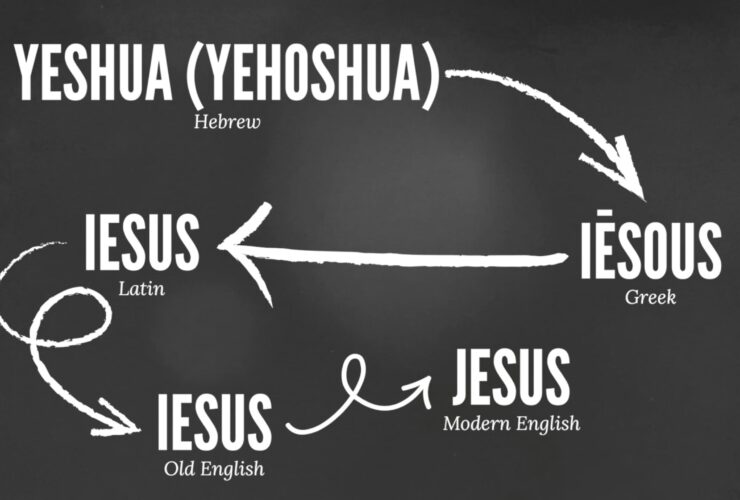Through the writings of King Hezekiah’s great-great grandson Zephaniah, the Lord pronounced judgment against the house of David declaring: “I will stretch out my hand against Judah and against all the inhabitants of Jerusalem; and I will cut off from this place the remnant of Baal and the name of the idolatrous priests along with the priests, those who bow down on the roofs to the host of the heavens, those who bow down and swear to the LORD and yet swear by Milcom, those who have turned back from following the LORD, who do not seek the LORD or inquire of Him…I will [also] punish the officials and the king’s sons and all who array themselves in foreign attire…and everyone who leaps over the threshold, and those who fill their master’s house with violence and fraud” (Zephaniah 1:4-6, 8-9).
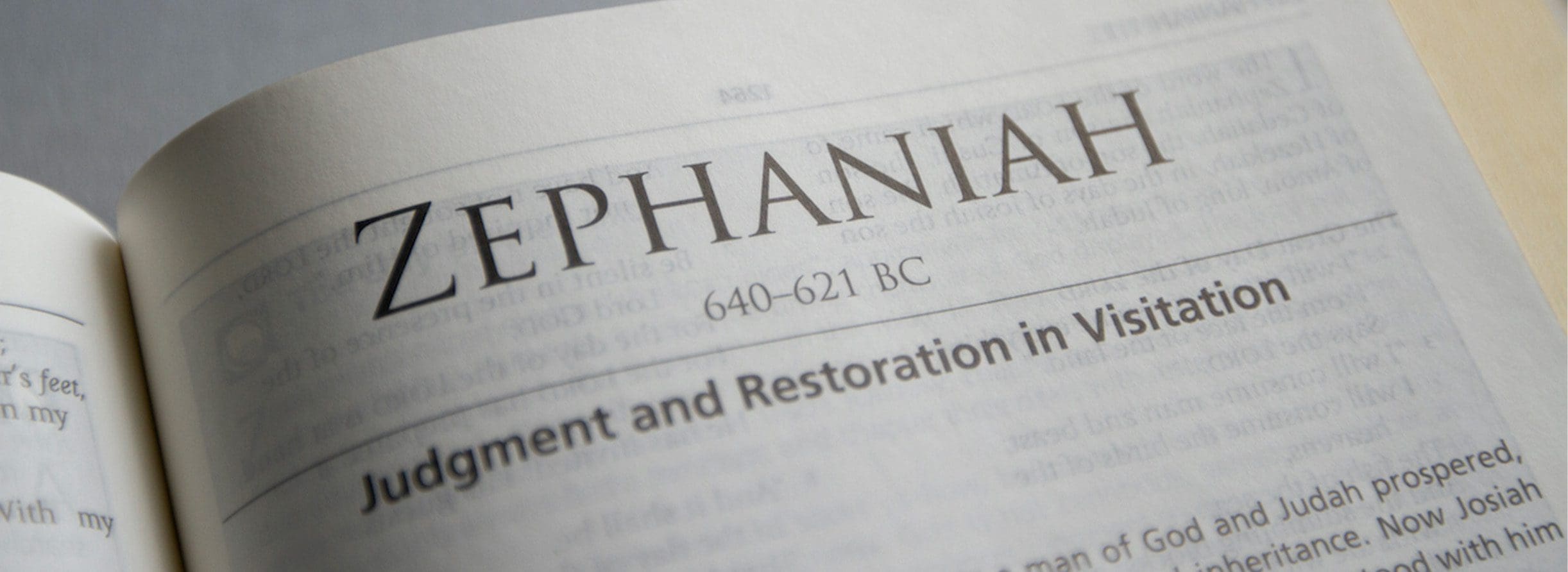
The southern Israelite kingdom of Judah had, unfortunately, gone the way of her “sister” in the north by worshiping other gods and adopting the despicable practices and cultic rituals that came along with that. For example, Zephaniah 1:5 specifically mentions worship of the god Milcom. “Also known as Molech, this was the main deity of the Ammonites and was linked to child sacrifice (e.g., Lev. 18:21; 20:2-5). The name seems also to have been used by other Semitic groups for worship connected to the underworld, or the realm of the dead.”[1] Zephaniah also mentioned that there were leaders in Judah who had “array[ed] themselves in foreign attire” (Zephaniah 1:8). “Assyrian priests often wore high-flared headdresses” so the prophet is “likely condemning those who imitated and welcomed the Assyrians in Judah.”[2] Zephaniah also records an unusual practice in which some people would leap over the threshold of a building. In the ancient Near East, it was often believed that evil spirits could enter temples and homes through windows and doors, especially if someone was to step on the threshold. This could be why the Assyrians often buried sacred objects below their thresholds.[3] And this may all connect back to the episode recorded in 1 Samuel 5 in which the statue of the god Dagon fell face down on the ground before the Ark of the Covenant. As a result of that fall “the head of Dagon and both his hands were lying cut off on the threshold” of the temple. And, as the Bible explains, “This is why the priests of Dagon and all who enter the house of Dagon do not tread on the threshold of Dagon in Ashdod to this day” (1 Samuel 5:4-5).
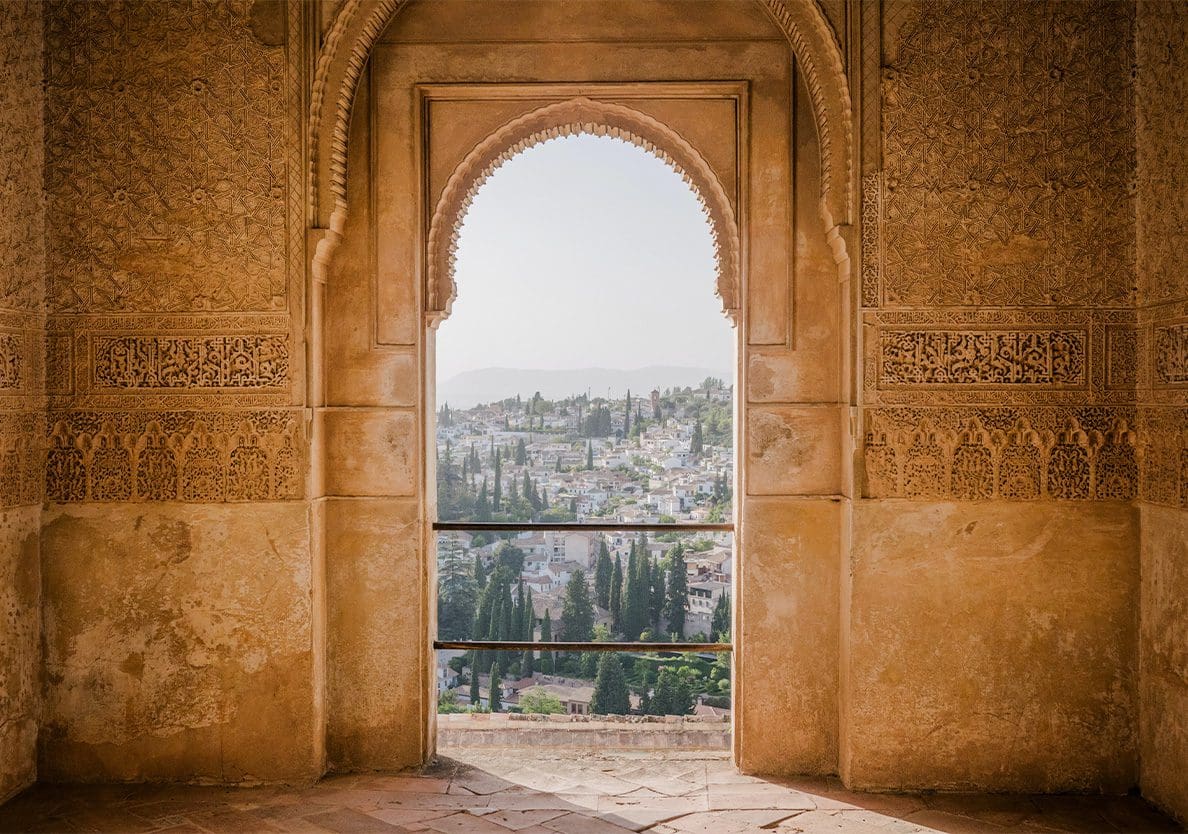
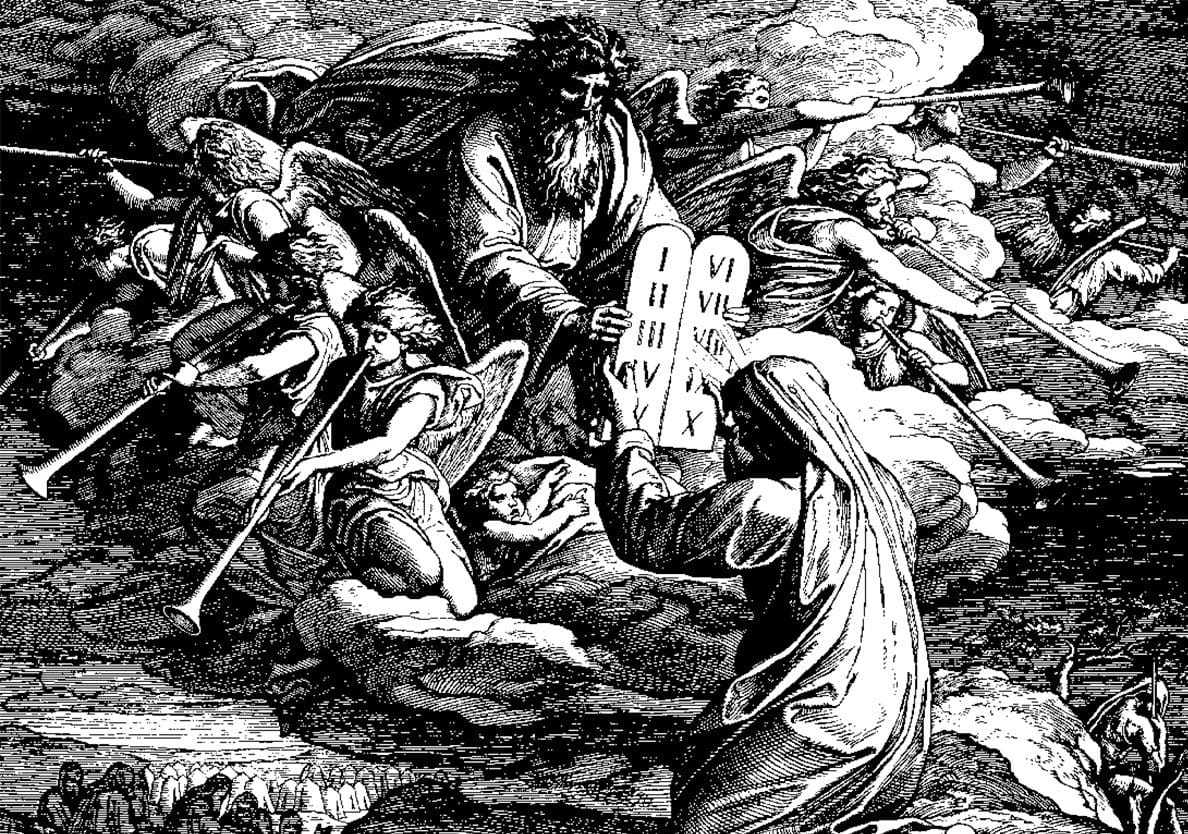
It seems the people of Judah thought it was okay to share their worship of God with other foreign deities. But God had explicitly warned them in the Ten Commandments (which were physically engraved by the Lord Himself) that, “You shall have no other gods before Me. You shall not make for yourself a carved image, or any likeness of anything that is in heaven above, or that is in the earth beneath, or that is in the water under the earth. You shall not bow down to them or serve them, for I the LORD your God am a jealous God, visiting the iniquity of the fathers on the children to the third and the fourth generation of those who hate me, but showing steadfast love to thousands of those who love me and keep my commandments” (Exodus 20:3-4 ESV).

Ryan Hembree is a daily co-host, speaker, and writer of Bible Discovery. He also hosts a YouTube channel that shows the unity of the Bible and how science and Scripture fit together. Ryan also has an honorary Masters of Ministry in Creation Science from Phoenix University of Theology.



